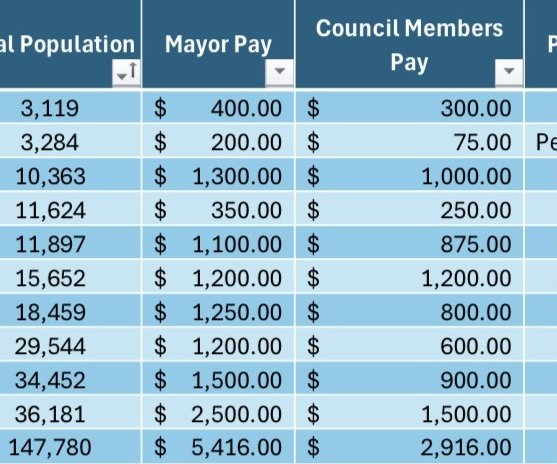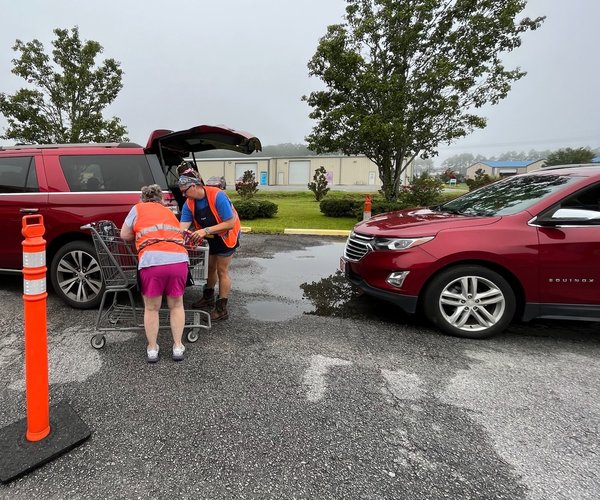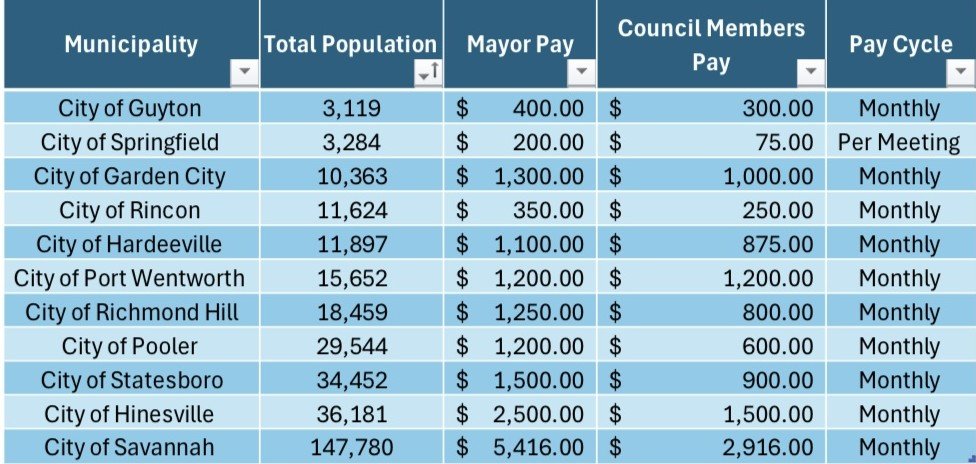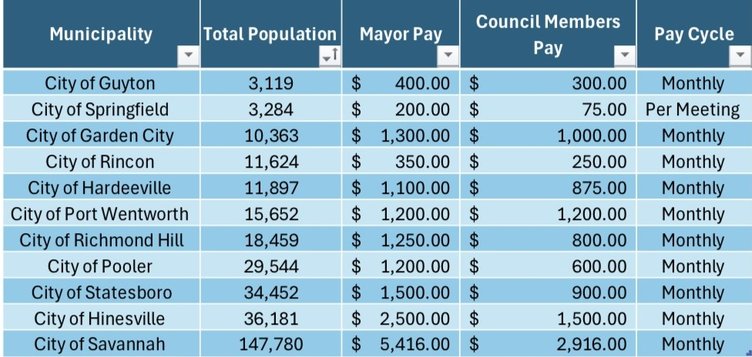Bob Rogers and Charles Kea agree on one thing — neither wants to see bars and liquor stores open in Effingham County.
They also agree that they would love to see family-friendly restaurants open in Effingham. But how those restaurants will get here — and what it will take to get them to Effingham — is where they differ. And they differ greatly.
Kea and the Community Progress Council of Effingham have backed the referendum that is on the ballot Tuesday that would ask the governing bodies of Rincon, Springfield and the county to allow liquor by the drink sales for consumption on the premises only. Rogers, the pastor of First Baptist Church of Rincon, and the Effingham Family Association have marshaled their forces to vote no.
Kea and Rogers debated the issue Wednesday morning on WBMQ AM.
“We already have beer and wine available in the cities of Springfield and Rincon. We think that’s enough,” Rogers said during Wednesday morning’s debate. “It’s not going to sell more homes. We don’t think that’s going to drive growth.”
Rogers and referendum foes have countered that the restaurants Kea has spoken of previously — Carrabba’s, Applebee’s, Longhorn, etc. — won’t be coming to Effingham until the traffic counts and population reach a certain threshold. Kea believes passing the referendum will get those establishments to look more closely and more quickly at Effingham.
Kea said he doesn’t have any direct information on what restaurants might be looking at coming to Effingham County should new liquor laws be enacted, but he has heard rumors.
“When they do get around to looking at us, we haven’t taken those laws off the books,” he said. “We have to get these liquor laws off the books and rewrite those.”
“We’re looking at family friendly restaurants and we’re not interested in promoting nightclub life in the county,” Kea said. “We’re not interested in that at all.”
Kea said Rogers’ argument on the restaurants’ interest in Effingham County is misleading.
“If we don’t allow alcohol, the playing field is not going to be level,” Kea said.
As an example, Kea pointed to Randall’s, the package store only a few feet on the Chatham County side of the line with Effingham County.
“(That) has been going strong for 20 years,” he said.
The store doesn’t cater solely to Chatham residents, Kea noted, and by not having the room in the laws for liquor in restaurants “we’ll be missing that tax money,” he said.
“I think most folks in the county understand the issue is more than liquor,” Kea added. “It’s the financia l repercussions, and we as homeowners will pay the price.”
Rogers said that as a pastor he talks to newcomers to the county all the time, so he knows why they come to Effingham.
“They enjoy living in a family-friendly community,” he said during the radio debate. “They come because of our good schools. I don’t see how liquor is going to help that. When you deal with something that appeals to people’s weaknesses and addictions, you’re also going to look at police protection (and) the ordinances that have to be passed all the time.”
The worry among supporters is that west Chatham’s continued boom could mean those restaurants will continue to open in Pooler and eventually in Port Wentworth. Once there, they won’t need to come to Effingham County.
“It’s not the issue of alcohol solely,” Kea said. “We’re trying to position ourselves. You don’t want to take away that choice. Alcohol is an element in the debate. Our goal is to develop the business community.”
Kea also said land across from the sprawling Rice Hope development in Port Wentworth is being cleared for a possible shopping center. That could mean restaurants there, unless Effingham does something to lure them first.
“Once one is in, they’ll get a foothold,” Kea said, adding others will follow.
The referendum doesn’t specifically state liquor licenses will be limited to restaurants getting at least 50 percent of their profits from the sale of food. But that’s what Kea and the CPCE want.
“The councils can limit the number of licenses they issue. They have the authority and the control,” he said.
The city councils and the county commission also could make the licenses cost enough to eliminate unwanted establishments.
“That’s going to keep the run-of-the-mill type bars out,” Kea said.
Kea said he and his wife go to the Ruby Tuesday’s in Pooler, just off I-95, and they count the number of cars with Effingham plates in the parking lot. It often doesn’t matter what time of day or what day of the week it is — it’s always at least a dozen, he said.
While he respects his opponents’ stance on alcohol, he said he knows they also visit these restaurants.
“We look at it as a little shallow and hypocritical,” he said.
He also said local governments can look at how Statesboro crafted its liquor-by-the-drink ordinance and see what they want to keep and what they may want to change.
“I have confidence in the people and in our elected officials,” he said of enacting a restrictive alcohol ordinance for full-service restaurants, “rather than leaving it up for chance.”








